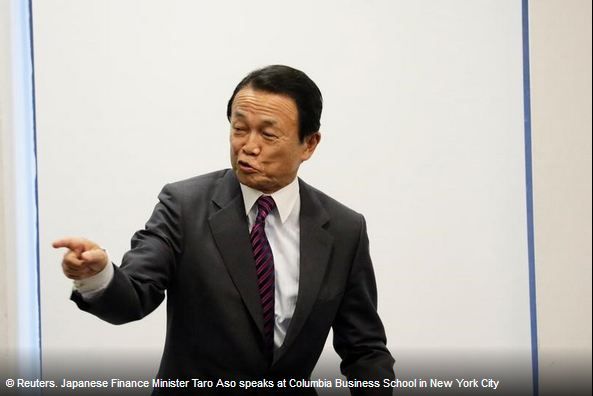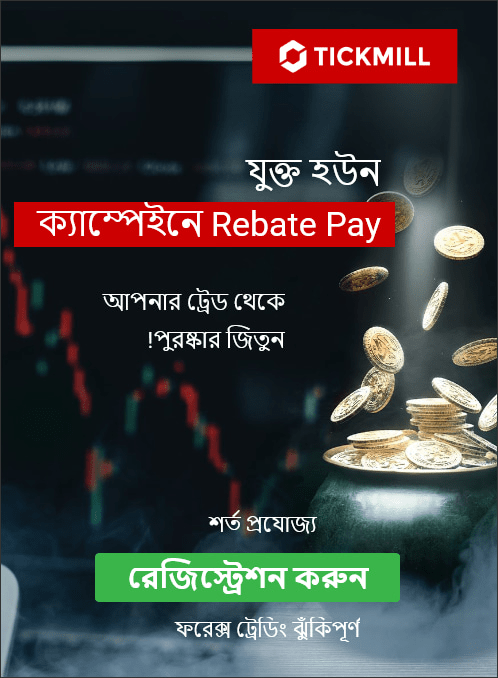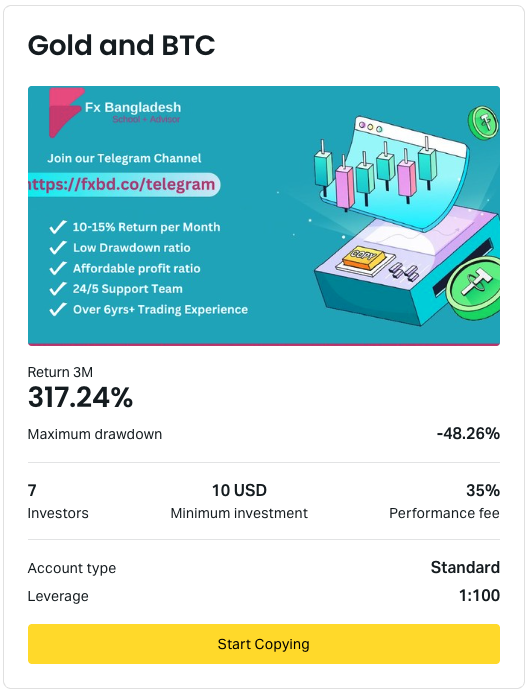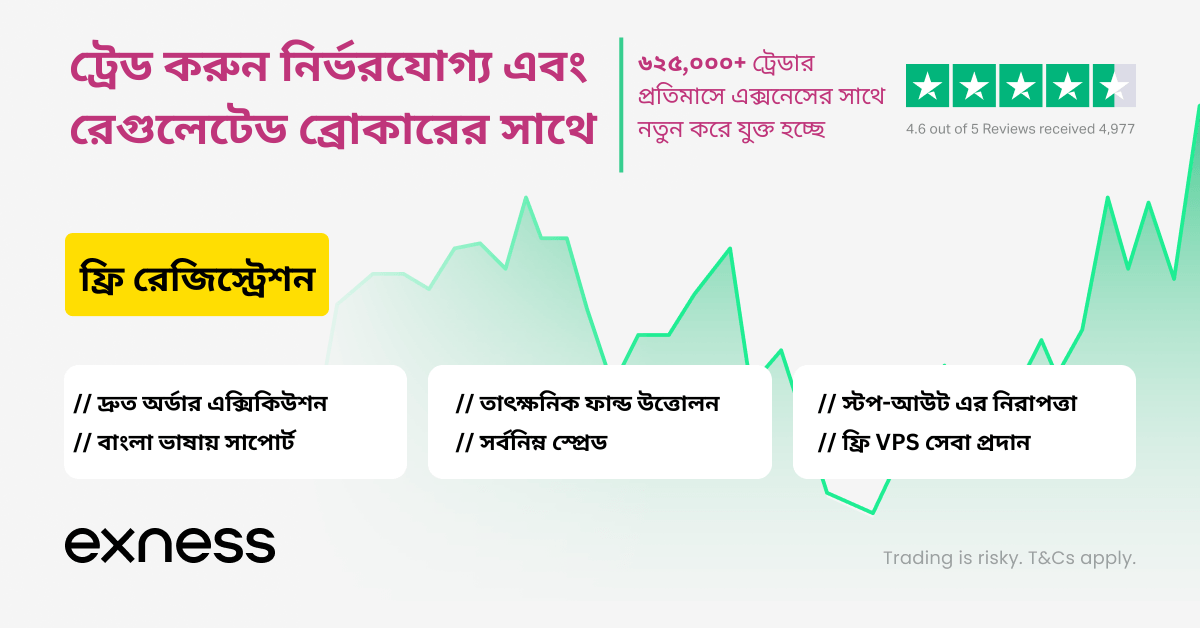NEW YORK (Reuters) – Japan has less room to compromise with the United States under a bilateral trade deal than under a multilateral agreement like the Trans-Pacific Partnership (TPP), its deputy prime minister said, taking a swipe at U.S. attempts to directly pressure Tokyo into opening up heavily-protected markets like agriculture.
Taro Aso, who heads Japan for a newly-created bilateral economic dialogue with the United States, said that under TPP, Japan was able to accede to more U.S. demands as it could make up for the losses through agreements with other countries.
“In a bilateral deal, you can’t do that. You can’t get back what you lose from a compromise with the United States,” Aso said in a seminar at Columbia University on Wednesday.
Aso’s comments underscore Japan’s hopes of avoiding a bilateral free-trade agreement (FTA) with the United States after U.S. President Donald Trump abandoned the 12-nation TPP backed by his predecessor Barack Obama and Japanese premier Shinzo Abe.
Tokyo fears a two-way agreement would expose it to stronger U.S. pressure to open up politically-sensitive markets like agriculture and beef.
After the first round of talks in Tokyo on Tuesday, Japan and the United States remained at logger-heads on how to frame the bilateral economic dialogue.
The Trump administration has signaled its intention to use the dialogue to push for a two-way trade deal, while Japan wants to broaden the agenda to add less-thorny issues like infrastructure investment.
Vice President Mike Pence, who headed the U.S. delegation, said his administration hopes the bilateral dialogue could lead to future negotiations on a FTA.
TAX HIKE UNDER WAY
On domestic policy, Aso, who is also Japan’s finance minister, said budding signs of recovery in the economy and private consumption are paving the way for Japan to proceed with a twice-delayed sales tax hike now scheduled for October 2019.
He also warned that there was no quick fix for the country’s tattered finances, shrugging off the chance the central bank would resort to “helicopter money” – or direct underwriting of public debt to fund government spending.
Aso said he was aware of proposals by some academics for radical steps to spur growth, such as having the Bank of Japan directly underwrite government spending or intentionally creating sharp inflation to pay off public debt without raising tax.
“In reality, there are various problems to such ideas. For one, it would undermine the BOJ’s independence and market confidence over monetary policy,” Aso said.
Given Japan’s huge public debt, any signs the government is abandoning efforts on fiscal discipline could also invite a bust in the country’s finances or runaway inflation that would have a detrimental effect on the public.
“We can’t allow that to happen….There’s no quick fix,” Aso said. The only way to solve the problem would be to raise tax, cut spending and take steps to revive the economy, he added.
“The economy is likely to do well ahead of the Tokyo Olympic Games in 2020, so it will be easier to raise the sales tax,” said Aso, who visited New York ahead of this week’s meeting of the Group of 20 finance leaders’ gathering in Washington, D.C.
Japan has twice delayed the second promised tax hike after the first increase in April 2014 tipped the world’s third-biggest economy into a recession.

























































